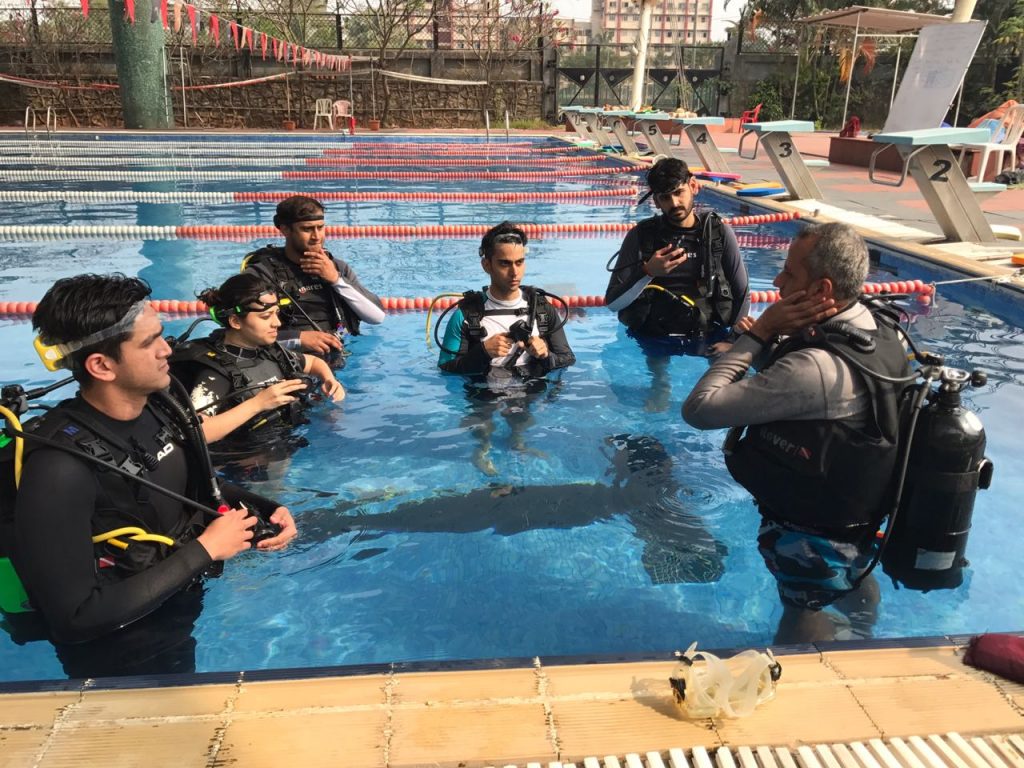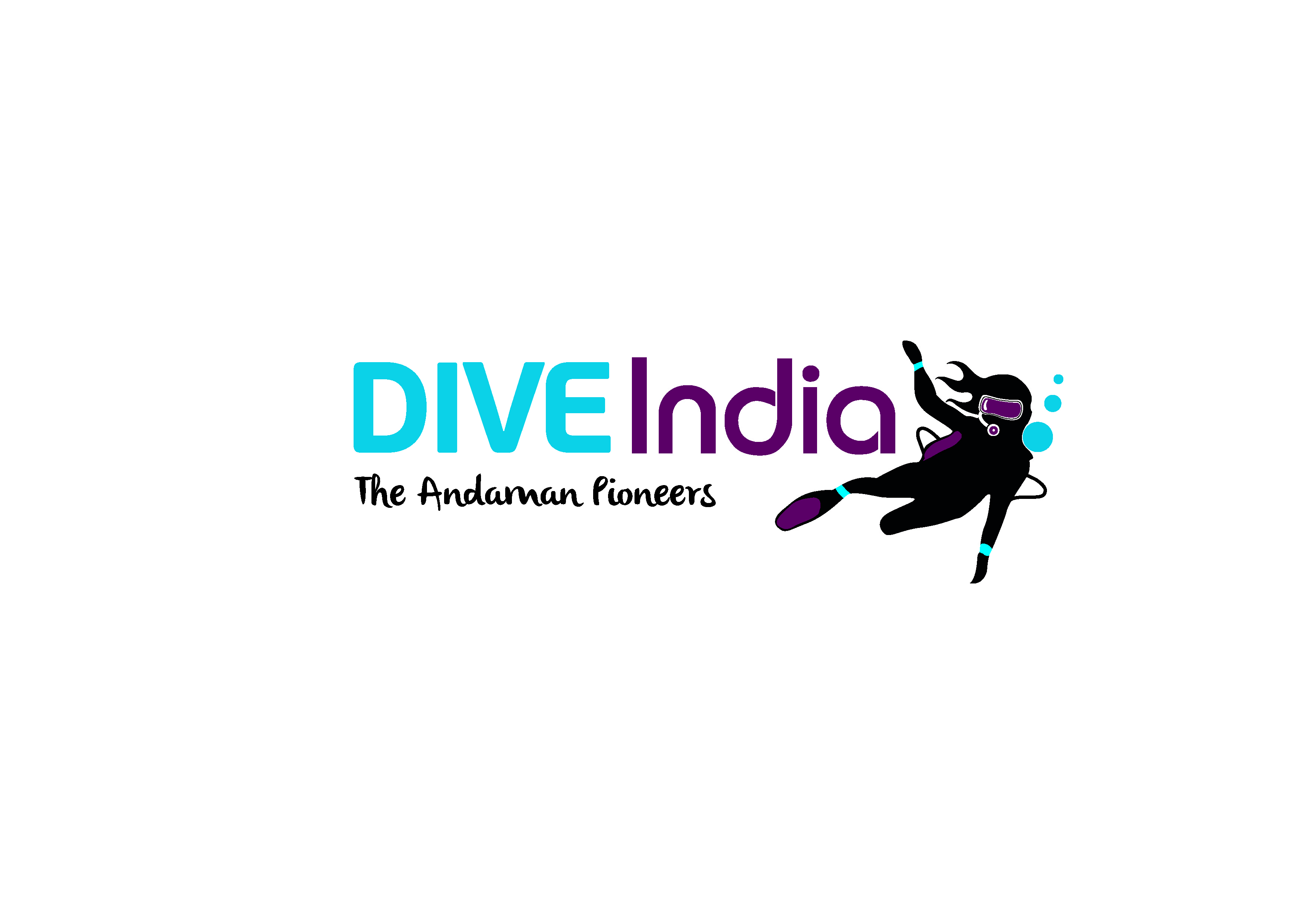
Quick question: when was the last time you were on a dive boat and saw everyone diving by the book? Getting familiar with their gear beforehand, planning their dives independently of the instructor, discussing contingency plans with their buddy, doing a thorough buddy check, staying close enough to the buddy to intervene within a few seconds in case of an emergency, etc?
I cannot think of a single time that has happened – and I have been guilty of lapses here myself.
So why does this happen? Is it because divers don’t know the buddy system? Or the usefulness of planning the dive? Or even the value of getting familiar with your gear before getting in the water with? Unlikely – this is covered quite extensively in the Open Water course and most divers are quite familiar with all of this. So is it a deliberate decision to take on additional risks for no reason, then? I think we can agree that this is not the case either.
Before we go any further, let me touch upon the 3 domains of learning:
– Cognitive: basically knowledge – in the context of diving, these refer to what you learn from reading the books, watching the videos or via discussions with the instructor
– Psychomotor: these are the physical skills – for diving, how to clear the mask, how to achieve neutral buoyancy, how to put on your gear, etc.
– Affective: this is your personal beliefs, attitudes and emotions – to put another way, what you consider important, what you pay attention to, etc
Within each domains, there are different levels of mastery (eg, in the Cognitive domain, being able to merely recite the correct answer, vs understand the reasoning behind it vs being apply to apply different pieces of knowledge to come up with an answer to an unfamiliar scenario, and so on), but that is not so relevant for now.
Instead, let’s focus on how the Open Water course is taught: The student does the bulk of the theory via self-study (online, watching videos, reading the book, etc), with perhaps some additional sessions with an instructor re-visiting a few salient points and adding some additional content. Then there is an exam to review the knowledge – which includes the importance of dive planning, of taking responsibility of your own safety, of the buddy system, of being conservative, etc. That covers the Cognitive domain. Then (or in parallel) the student goes into the water and completes the various skills needed to get certified as an Open Water diver. That’s the Psychomotor domain right there.
What about the Affective domain? Sure, in the course, a conscientious instructor will make sure the students plan their dives, stay close to their buddies, etc. etc. But is that really the same as instilling the value of those things, to the point that it becomes something that the student takes seriously and integrates into his or her diving routine? Very rarely so.
Simply put – while students leave with a knowledge of the buddy system, of dive planning, of getting familiar with their gear, etc., this is rarely internalized. Then they go diving and see other divers being pretty loose about such things, and these things tend to get ignored – and repetition reduces the value even further.
And to some degree, this is understandable – in a typical course, often even teaching the psychomotor skills to a sufficient degree can be challenging. So the instructor’s time is focused on knocking off the skills and making sure the student is safe during the course. Furthermore, there is no checklist or requirement in the Standard manual of any agency that talks about this – after all, how can you measure this? So often, instructors coming from a system where they aren’t mentored by more experienced instructors fail to even realize the importance of this, and end up following a checklist approach to teaching a course: ticking off every requirement individually but failing to integrate it into a cohesive whole. To me, that is directly comparable to teaching someone to cook merely by teaching them to slice, dice, fry, grill, bake and roast separately, and not telling them how to put these things together.
But even when an instructor tries to teach it, they often to not face a lot of success: the student diver is overloaded with theory and physical skills which they are doing right then – all this talk about dive planning, buddy system etc is merely theoretical noise for them, as they lack the experience to appreciate how and when it can be valuable (and typically, this realization often comes too late to be immediately useful – for example, only when you are low on air and your buddy is nowhere to be seen do you realize the value of the buddy system).
So what is the solution? Fairly simple, really.
For one, spend some time in the Open Water course covering this. Merely saying “remember, always stay with your buddy” or whatever isn’t going to cut it – you have to have an actual session on this. A good way to do it is in an informal setting after the dives, where the instructor can discuss any lapses that may have happened in these areas and use that to segue into anecdotes from his or her diving experience, talk about specific situations that may have occurred on that dive site involving such lapses, etc. Really hammer home the point, but in an interesting manner that catches the student’s interest.
Second, use the Advanced Open Water course to really drill this in. Let’s face it, the curriculum for the Advanced Open Water course is fairly light on theory and skills – it is just meant to give the diver a taste of different types of dives, with more substantial theory in the corresponding Specialty course. And by the time the student starts the AOW, s/he already has most of the basics of diving mastered (hopefully, anyway). So they are less overloaded, and by virtue of having some diving experience already, more able to relate to a discussion on this diving behavior.
I have spent the last 10 years conducting one session in the Advanced course focussed on what being an Advanced Diver entails – and PADI has also recently formalized that into their AOW curriculum. However, this tends to get ignored a little bit as there is no checklist to measure how effective this session is, and instructors often tend to focus on what they consider the more material skills. But really, teaching new divers to value the importance of these safe diving practices is probably the single biggest contribution an instructor can make to helping them continue to develop as divers.
What is the content covered in this discussion? For me, it consists of, at minimum, the following:
– How to do a self-assessment of skills at the start of every diving trip
– The importance of checking gear – along with a practical workshop on different types of kit, what is useful where, etc.
– Essential safety equipment to carry
– What is sufficient real-world dive planning and the value of doing so
– The mindset of being responsible for one’s own safety and diving with one’s comfort zone, with anecdotes on how peer pressure, etc. often make it difficult to do so
– How to continue to improve one’s skills – short games one can play on each dive (air consumption, safety stop drills, etc)
– How to balance staying within one’s comfort zone vs expanding that comfort zone and getting better as a diver
– Learning the importance of saying “no, i will not dive”
– The value of a buddy
– How small issues can snowball into accidents
To me, a dive instructor’s role is to not just check off the list of skills in the course standards book, but to prepare the student diver to enjoy a lifetime of safe and fun-filled participation in the sport. And that means passing on ownership of the diver’s safety from the instructor to the diver. And this is a good way to do so.



